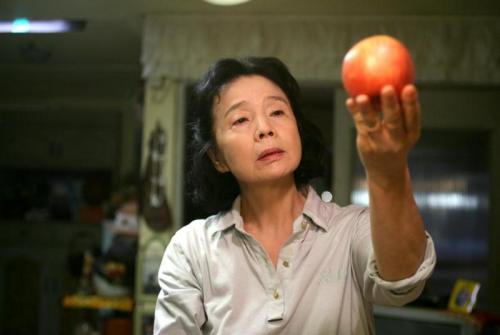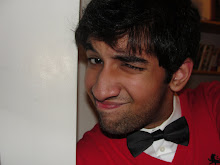
They say that when you make a film, you really make it three times: when you write it, when you actually shoot it, and then when you edit it. Significant editor collaborations have been crucial to specific directors and the effectiveness of their films, and when you think of the most important collaborators the two that would come immediately to my mind are Martin Scorsese/Thelma Schoonmaker, and Quentin Tarantino/Sally Menke.
Considered an unsung co-author of sorts by the mainstream of Tarantino's films, it's hard to imagine his films' pop culture impacts without the expert editorial work his unique vision required. How are you gonna keep the tension of Reservoir Dogs largely in a single warehouse in between all the Tarantinoan dialogue? How do you jump so unconfusingly between the three chronologically separate storylines of the enormously influential postmodern technique of Pulp Fiction? One scene they show in most of my film classes is the climactic exchange of money in Jackie Brown, which is a scene Tarantino needed desperately to work and is nearly all the work of Menke. Then we move on to the Kill Bills, where the first volume's rapid fast cuts including the iconic scene of the blood-racing fight between The Bride and the Crazy 88s lent to the proper tone Tarantino needed for that montage. You compare that with the slower, meditative long takes Menke cuts for the second volume, more necessary for that spaghetti western tone Tarantino had in mind. In Death Proof, Tarantino entrusted her editing skills for what turned out to be possibly the greatest car chase sequence in film history. Her most recent Oscar nomination came from Inglourious Basterds, where her work was endlessly impressive and nearly invisible. Think of the opening shot where she contrasts the long takes so effortlessly with the short ones that cut closer and closer into the two characters' faces as the tension builds. Think of the bar scene where you didn't realize the other guy in the room until half way through.
The sudden end of this collaboration is an enormous loss to the film world. One of the best editors there ever was, and who knows how much more she could have done at just 56. RIP Sally Menke.
Read more!









